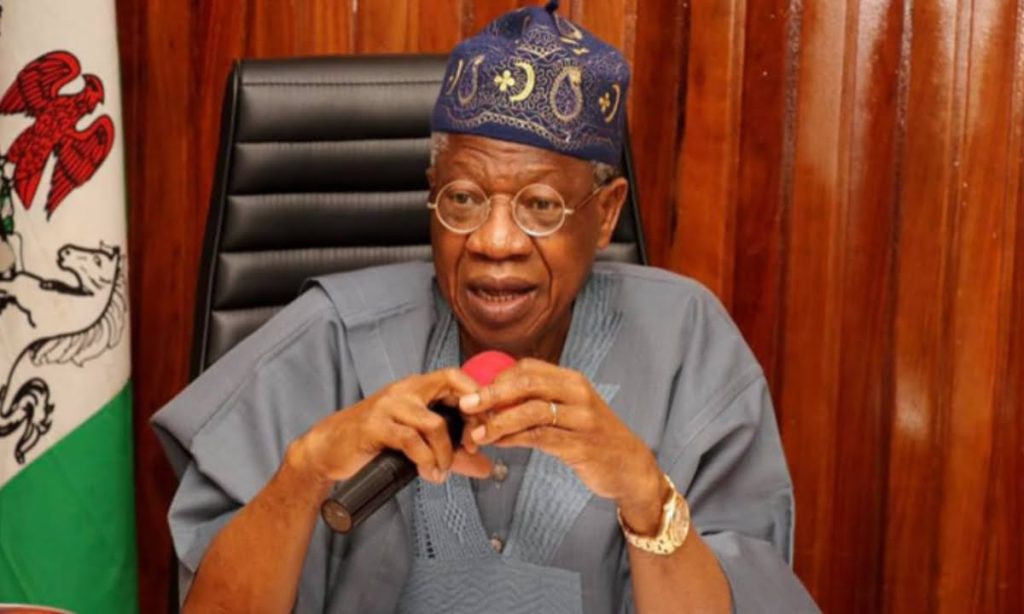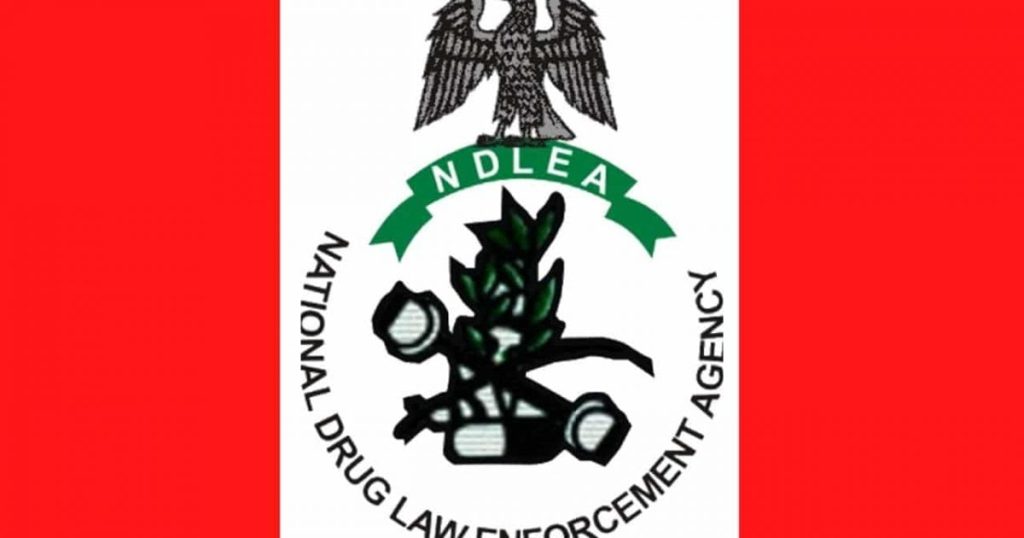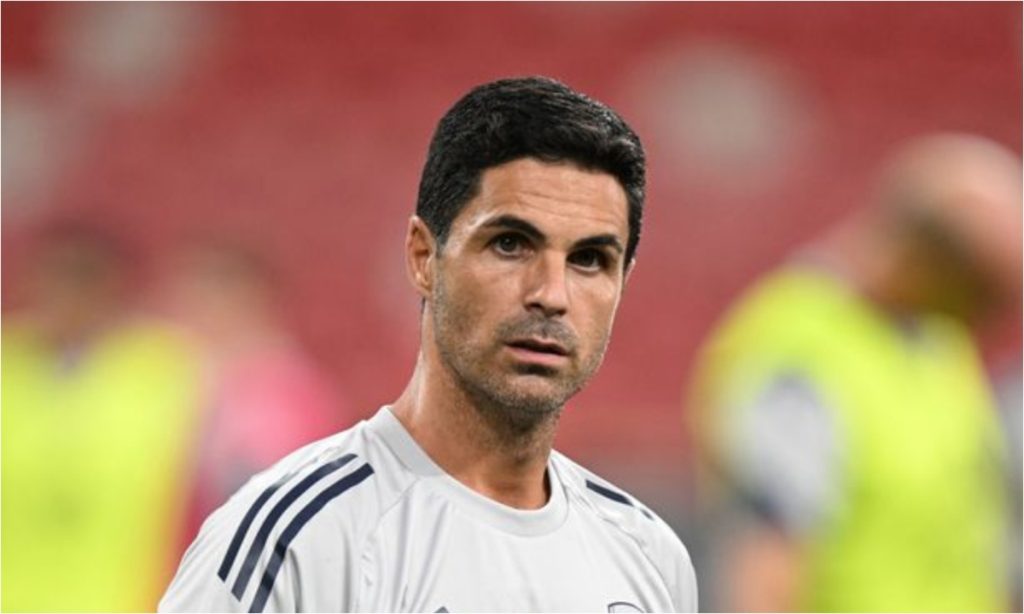Brazil has formally requested intervention from the World Trade Organization (WTO) to challenge steep new tariffs imposed by the United States on its exports, escalating a trade dispute rooted in political tensions between the two nations. Government sources confirmed to AFP on Wednesday that Brasília initiated the WTO’s dispute resolution process by seeking consultations with U.S. trade officials, following the abrupt implementation of a 50% duty on key Brazilian products like coffee, beef, and sugar.
The tariffs, which took effect this week, mark a fivefold increase from previous rates and target roughly 36% of Brazil’s exports to the U.S., according to Vice President Geraldo Alckmin. While exemptions for items such as orange juice and civil aircraft partially offset the economic impact, the move has drawn sharp criticism from President Luiz Inácio Lula da Silva’s administration. U.S. President Donald Trump justified the measure as retaliation against what he labeled a politically motivated “witch hunt” targeting his ally, former Brazilian leader Jair Bolsonaro, who faces trial for allegedly plotting to overturn his 2022 election loss to Lula.
Last week, the Trump administration issued an executive order accusing Brazilian authorities of advancing “unjustified criminal charges” against Bolsonaro and condemning recent digital regulations under Lula’s government. The order claimed Brazil’s policies posed risks to American economic interests, national security, and foreign policy. Analysts note the dispute underscores strained bilateral ties since Lula’s return to power, contrasting with Bolsonaro’s alignment with Trump during his presidency.
The WTO process, beginning with formal consultations, could lead to a protracted legal battle if negotiations fail. Brazil, a major agricultural exporter, has historically relied on the U.S. as a top trading partner, though recent years have seen diversification toward markets in Asia and Europe. The timing of the tariffs raises questions about broader implications for global trade governance, particularly as geopolitical tensions increasingly influence economic policy.
As both nations prepare for potential mediation, stakeholders in Brazil’s agricultural sector warn of short-term disruptions, while U.S. importers signal concerns over rising costs. The standoff also highlights the intersection of domestic politics and international commerce, with Trump framing the tariffs as a defense of democratic norms and Bolsonaro’s legal team alleging political persecution. For now, the WTO’s role as an arbiter will test its capacity to navigate disputes shaped by competing narratives of justice and sovereignty.



